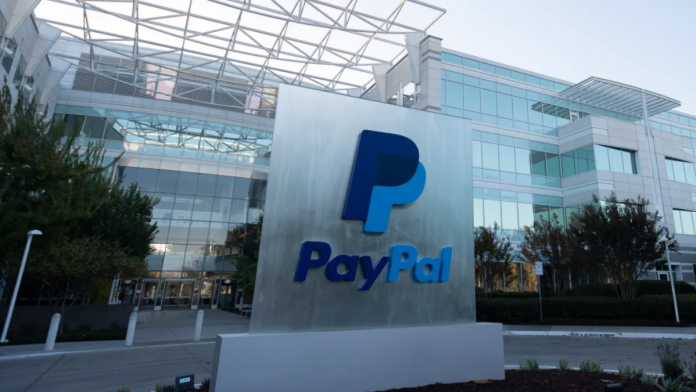PayPal, one of the world’s largest digital payment companies, is facing tough questions from lawmakers in Washington. A special House committee has asked the company to explain how it prevents money laundering in connection with its new partnership in China.
The committee, led by Chairman John Moolenaar and Ranking Member Raja Krishnamoorthi, is worried about PayPal’s recent agreement with Tencent, a major Chinese tech firm. Through this deal, PayPal users in the U.S. can send money to people in China using Weixin Pay, which is linked to bank accounts and can also be used for shopping inside the country.
Lawmakers said they fear the system could allow criminals to move money across borders more easily. They warned that such a partnership might remove important safety checks that usually stop bad actors from hiding illegal cash flows. The concern is that criminals could bypass steps like verifying customer identities or monitoring suspicious transactions.
Concerns Around Weixin Pay
The spotlight is now on Weixin Pay, a popular mobile wallet in China. Authorities in the U.S. have already pointed to Weixin Pay as a tool that criminal groups use to move money. According to officials, it has been used by networks involved in drug trafficking and other financial crimes.
The House committee explained that criminal groups in China often use Weixin Pay to coordinate money movements. Their fear is that linking PayPal directly with this platform could give such groups a smoother channel to actually send money internationally. In other words, instead of just organizing their activities, they could move illicit funds more directly and with fewer obstacles.
Because of these risks, lawmakers have asked PayPal to share a wide range of documents. They want all agreements and drafts tied to the Tencent partnership, as well as supplemental records that could shed light on how the deal was developed. They also requested suspicious activity alerts and reports filed since January 2023, audits of PayPal’s anti-money laundering programs, and risk assessments that explain how the company evaluates potential threats linked to its China operations.
In addition, the committee asked for organizational charts showing which executives are responsible for anti-money laundering compliance and cross-border oversight. These details, lawmakers said, are necessary to understand whether PayPal has the right structures in place to guard against misuse of its services.
PayPal Responds to the Scrutiny
PayPal has said it takes these concerns seriously. Alex Chriss, the company’s CEO, was asked directly to provide answers. A company spokesperson explained that PayPal works hard to stop its services from being used for illegal activities. They added that the company spends large amounts of money and resources on financial crime compliance around the world.
Teacher cheated of RM230,000 in phone scam using fake money laundering investigation
Still, the lawmakers want detailed proof. They reminded PayPal that as a registered money transmitter in the U.S., it must follow the Bank Secrecy Act. This law requires companies like PayPal to maintain a risk-based anti-money laundering program. Such a program must include customer identification procedures, ongoing monitoring, recordkeeping, and the filing of Suspicious Activity Reports when unusual activity is spotted.
In their letter, signed by Moolenaar and Krishnamoorthi, the committee set an October 3 deadline for PayPal to furnish its responses. They made it clear that the company is expected to fully disclose its communications with Tencent and its internal compliance efforts tied to the Weixin Pay integrations.
This request signals heightened scrutiny on how global payment platforms interact with Chinese technology firms. It also highlights the challenges companies face when navigating partnerships that could open the door to illicit finance while expanding access for legitimate users.


